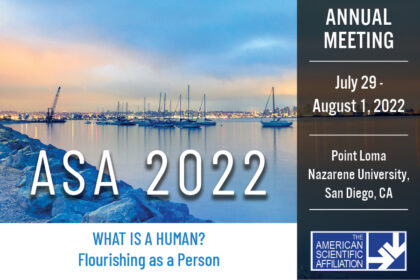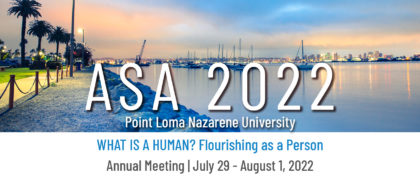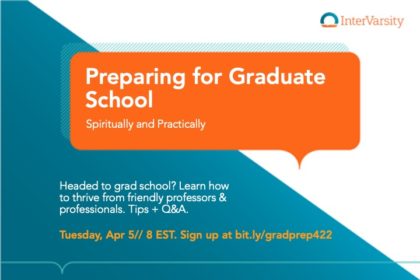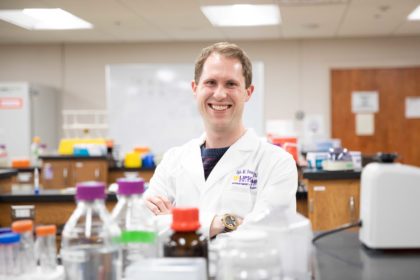Jul 29–Aug 1: ASA Faith & Science Conference in San Diego Grow. Connect. Renew. Are you a Christian scholar who cares about science, longing for a renewed sense of purpose? Join us July 29–Aug 1 for a faith and science conference on the beautiful Point Loma Nazarene University campus in San Diego. The American Scientific Affiliation, a professional society for Christians in science and science-related fields, will host: engaging plenary talks, chances to connect with other Christians in many field areas, … [Read more...] about Join Us at the ASA Faith/Science Conference (July 29-Aug 1)
Join Us at the ASA Faith & Science Conference, July 29-Aug 1 (Scholarships Available)
Faith & Science Conference: American Scientific Affiliation (ASA) Annual Meeting San Diego July 29-Aug 1 Student/Early Career Track Cosponsored by InterVarsity Emerging Scholars Network Grow. Connect. Renew. Are you looking for a place to grow connections for your faith and your scientific work? Find community with other Christians in science, grow your ideas on science and faith, and renew your sense of why your work matters. Hear from engaging keynote speakers who are modelling different ways to … [Read more...] about Join Us at the ASA Faith & Science Conference, July 29-Aug 1 (Scholarships Available)
Sign Up for 4/5/22: Preparing for Graduate School Online Event
Sign up today at bit.ly/gradprep422 We're delighted to present a panel on getting ready for graduate school. Please join us or invite students or friends. ​​Preparing for Graduate School Spiritually & Practically Tuesday April 5 @ 8-9pmEDT/7pm CDT/6pm MDT/5pm PDT Are you starting graduate school this fall or considering it for the future? Would you like to know how to thrive in grad school? Join us to hear tips on adjusting to the workload, finding community, and flourishing in graduate … [Read more...] about Sign Up for 4/5/22: Preparing for Graduate School Online Event
Interview with 2021 Christian Scholars Foundation-ESN Grant Recipient Kyle Brawner
We're delighted to share an interview with Dr. Kyle Brawner, 2021 Christian Scholars Foundation-ESN Grant Recipient. Learn more about the CSF-ESN grant for junior faculty here, and please consider applying! Biography for Kyle Brawner I grew up in the Nashville, TN area and received my bachelor's degree in Molecular Biology from Lipscomb University in 2012. I subsequently pursued doctoral studies at the University of Alabama at Birmingham, where I researched Helicobacter pylori, the leading cause of stomach cancer. … [Read more...] about Interview with 2021 Christian Scholars Foundation-ESN Grant Recipient Kyle Brawner
New Scholar’s Compass Retreat Breakout Group Guide
Use Our New Retreat Guide Are you planning a grad/faculty retreat? Looking for a doable way to engage questions of faith and work? Or spiritual formation in the academic life? Check out our new Scholar's Compass retreat breakout group guide! ESN partnered with the Northern California GFM team 2022 Winter Grad Conference to design and test this retreat guide for small group discussions of Scholar's Compass. We're sharing it here with the hope it will help spark faith and work and spiritual formation conversations in … [Read more...] about New Scholar’s Compass Retreat Breakout Group Guide




